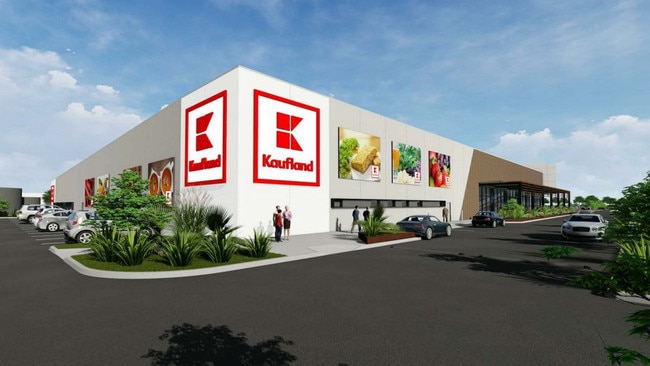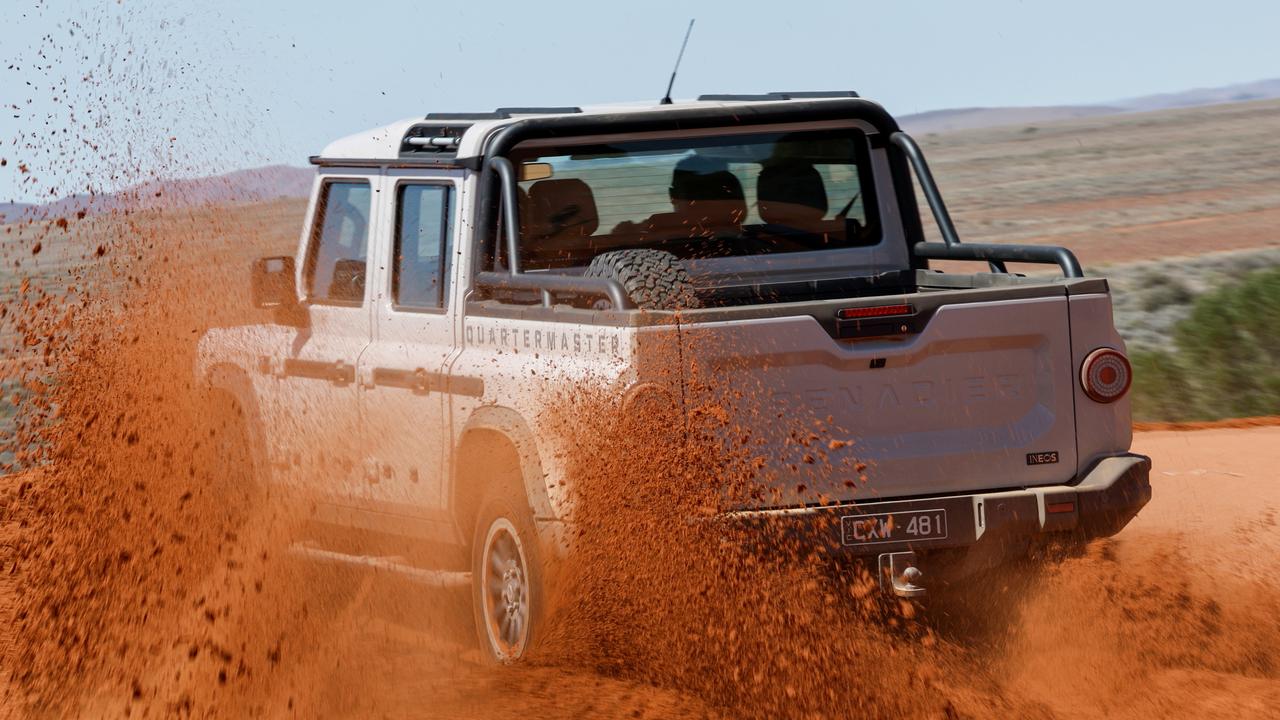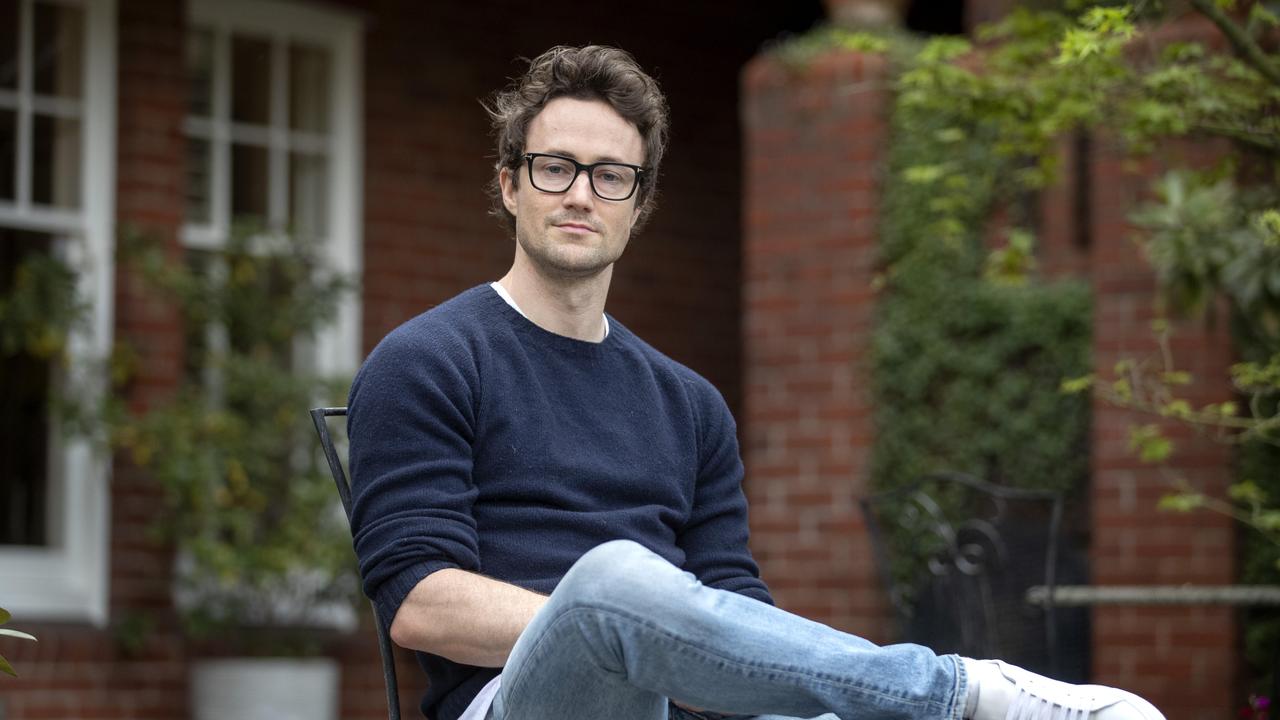Kaufland flexes $325m muscle
German supermarket giant Kaufland has amassed an enormous $325m war chest for its launch in Australia.

German supermarket giant Kaufland has amassed an enormous $325 million war chest for its launch in Australia, where it will tackle sector heavyweights Woolworths, Coles and Aldi as it fights a slice of the $90 billion supermarket industry.
Already flush with cash from its parent the Schwarz Group, the world’s fourth-largest retailer, following a $43m capital injection in 2017, Kaufland’s Australian subsidiary has just received its single biggest funding instalment to date of $145m, The Australian has learned.
Kaufland has initial plans for six stores in Australia, all in Melbourne, and as it awaits planning approval is hiring key supermarket executives, store managers and other administrative staff.
The German supermarket discounter has also revealed that it will begin recruiting area managers next month.
Its high-profile hirings so far have included former Woolworths and Metcash executive Mark Hewlett, who in late 2018 returned after six months’ training in Germany to take up a leadership role as director of supply chain, logistics and sales.
The $145m capital injection from its parent comes as Kaufland prepares to start construction, assuming it gets the go-ahead from an advisory committee set up by the Victorian government
A spokeswoman for Kaufland yesterday confirmed the new capital infusion from the Schwarz Group, a family-owned German company with annual revenue of almost €100bn ($158bn) a year through its supermarket stores, Kaufland and Lidl.
“This capital increase reflects the importance and long-term commitment to our expansion,” the spokeswoman said.
“It marks our continual investment in Australia both now and for the future, through the creation of jobs, competition and opportunity.”
Last year Kaufland paid $25m for the Le Cornu site on Anzac Highway in Forestville, on the fringe of the Adelaide CBD.
The large investment by the German company comes as other retailers pour capital into Australia to ratchet up the competition for dominant chains Woolworths and Coles.
In 2017 Aldi unveiled a $500m refurbishment plan that would see every Aldi store in the country upgraded to a new format as it pushes out its portfolio to 500 stores in Australia.
US warehouse supermarket Costco has 10 outlets in Australia that combined are taking in almost $2bn a year in sales, with plans for more warehouses across the country.
The newest and biggest threat is Kaufland, which is now cashed up and possibly only a year away from opening its first store.
Leading the charge for Kaufland in Australia is Julia Kern, 29, who was appointed country manager last year.
Also on her team is Male Nousch, a former strategy director at British supermarket chain Tesco and previously an associate at consultancy McKinsey.
As it awaits construction, Kaufland has been busy hiring staff and securing key intellectual property assets to prepare for a rollout of its private label brands, including a portfolio of health products under the K Organic, K Free and K Favourites labels.
A typical Kaufland store is vastly different to small-format German discount stores Aldi or Lidl. It is run out of large warehouses of up to 20,000sq m (a typical Woolworths or Coles is less than a fifth of that size) with as many as 60,000 products across a wide range of categories such as groceries, fresh food, meat and seafood, general merchandise, clothing, toys, housewares and hardware.



